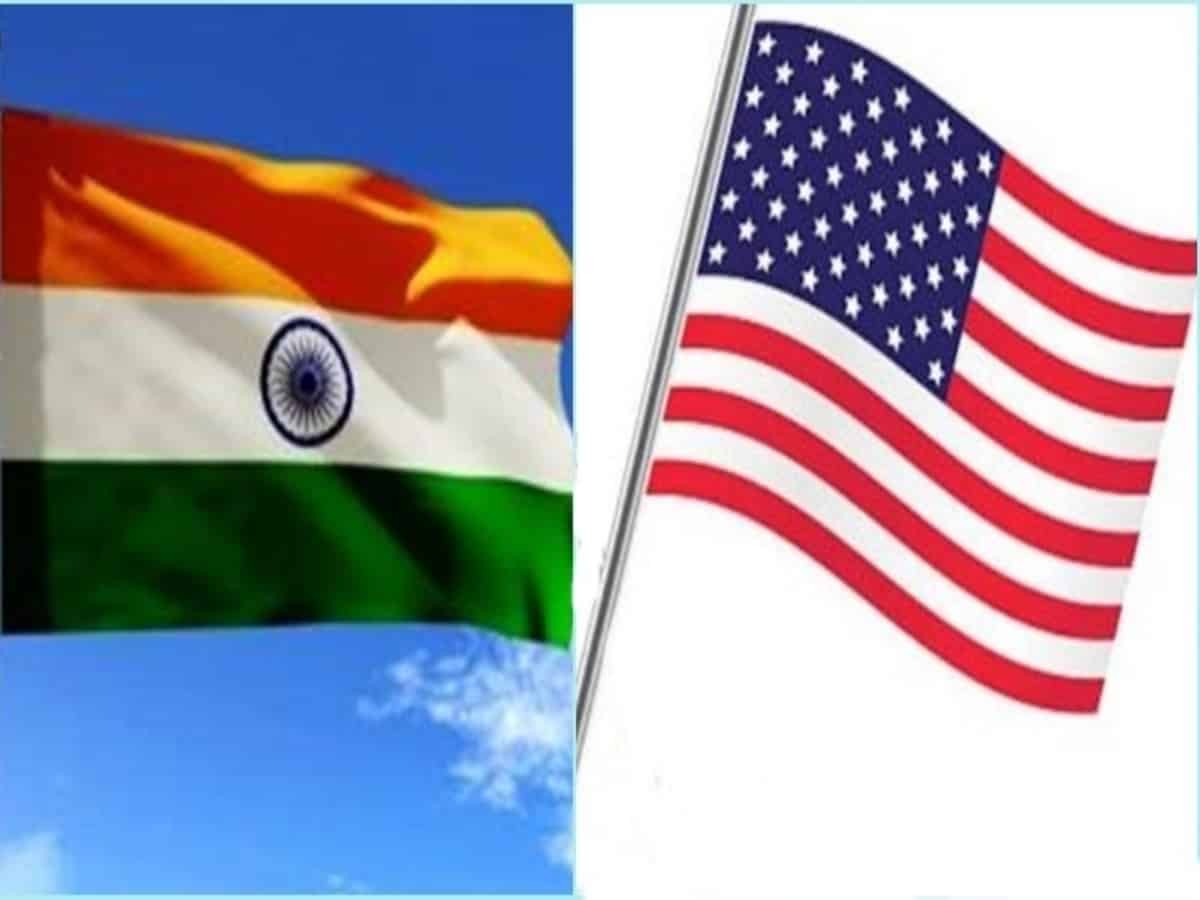
Washington: India-US relationship in 2023 in many senses was a historic one: a year when a futuristic-looking initiative was launched, President Joe Biden hosted Prime Minister Narendra Modi for a rare State Visit and then travelled to New Delhi to personally ensure the mega success of a crucial G-20 Summit under India’s presidency.
However, the year ended on a sombre note with the Biden administration filing a chargesheet in a New York court naming an Indian official in a plot to kill a US national and a separatist Sikh leader on American soil.
The very fact that the US went ahead with the chargesheet on an alleged plot and at the same time has not taken any action against those responsible for the attack on the Indian consulate in San Francisco and openly issuing threats to top Indian diplomats in the US appears to be a clear reflection that a lot is required to be done when it comes to the “trust” and “confidence” between the two largest democracies of the world.
In 2023, both Modi and Biden walked the extra mile and took steps which were aimed at establishing a trusted partnership between the two countries, starting with the prime minister sending his large delegation led by National Security Advisor Ajit Doval for the launch of the Critical and Emerging Technology (iCET) initiative.
The iCET is a major milestone in the US-India partnership, which is increasingly defined by strategic security and technology cooperation.
The bilateral trade between the two countries has reached a new record. The Indian government is taking a lot of steps to facilitate fast fast-tracking of American companies establishing manufacturing units in India and increasing their footprints.
Biden on the other hand not only gave an unprecedented go-ahead for the jet engine manufacturing deal with India but also took several administrative steps to relax export control regulations for India.
Showing his determination to take the bilateral ties to the next level, Biden invited Modi for the rare Official State Visit of the Indian Prime Minister in June, during which he not only opened the lawns of the White House for a record 15,000 Indian Americans but also spent more than eight hours with him. In less than 100 days, Biden boarded Air Force One to fly to New Delhi to attend the New Delhi Summit for G-20 leaders in September.
At a time when the world was bitterly divided over the Ukraine war and leaders of China and Russia not attending the summit, Biden made it a point that the G-20 summit was a success.
India’s success is America’s success were the common remarks by the officials of the Biden administration. By all standards, the G-20 Summit was a historic success.
The year also saw an unprecedented level of visits to India by top US officials. Some of the Cabinet level officials like the Treasury Secretary Janet Yellen and Secretary of State Antony Blinken made multiple trips to India.
India under the leadership of Modi reciprocated on an equal footing from giving the go-ahead for the multi-billion historic deal to purchase commercial aircraft from Boeing to clearing the long pending armed drone deal of General Atomics.
By October, it appeared that the two countries had overcome the hesitations of history and the two largest democracies are now trusted partners. India and the US were now not only working together in the strategic Indo-Pacific through Quad but also in the Middle East with the creation of a unique U2I2 grouping of the USA, UAE, India and Israel.
However, two incidents in the last quarter of the year clearly showed that this relationship cannot yet be described as that of a “trusted” partnership.
First was open American support to the bizarre allegations made by Canadian Prime Minister Justin Trudeau about a “possible” link between India’s government and the killing of a pro-Khalistan separatist in Vancouver.
In less than 100 days, the Department of Justice filed a damaging indictment in a federal court in New York saying that it had unearthed a plot to kill a US national on American soil. Though the separatist Sikh leader was not named, media reports identified him as Gurpatwant Singh Pannun, the leader of the Sikhs for Justice, an organisation banned in India.
India has denied the Canadian allegations and has repeatedly said that Ottawa has not shared evidence on the case. On the US indictment, India has instituted a high-level commission to probe the allegations.
New Delhi is also not happy with the inability of the US to take action against those responsible for the attack on the Indian consulate in San Francisco and openly letting separatist Sikhs organise and propagate anti-India and Khalistani movements in the country.
As such, what could have been easily a historic year in the India-US relationship, at best can be described as three steps forward and one step backward.
With 2024 being an election year in both India and the United States, no major developments are expected on the bilateral front except that it would be business as usual at best. The relationship will pick steam in 2025.
